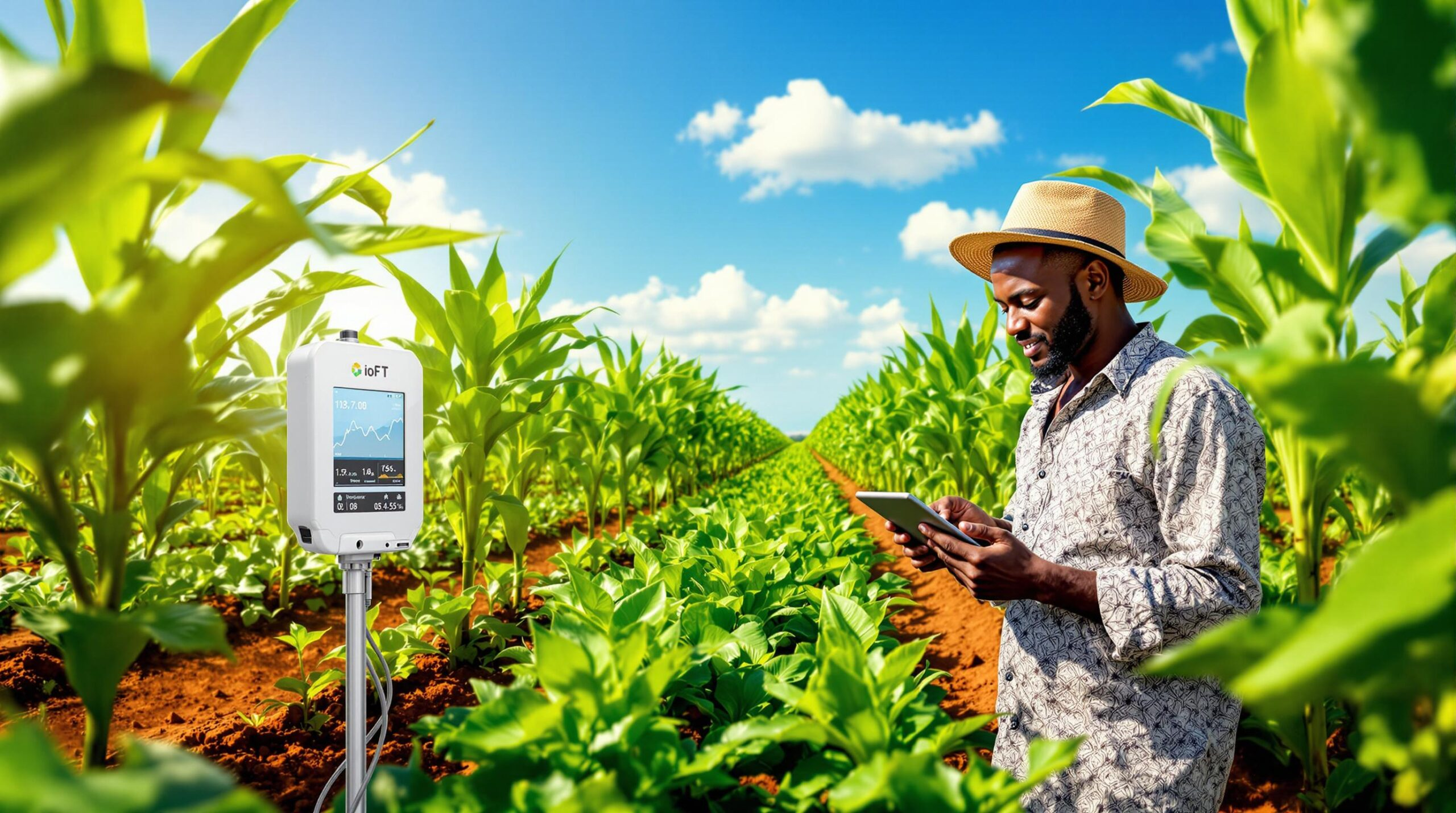African agriculture has long been the backbone of the continent’s economy, employing millions of people and contributing significantly to the GDP of many countries. However, the sector has faced numerous challenges, including limited access to information, inadequate infrastructure, and inefficient farming practices. The advent of Information and Communication Technology (ICT) applications has brought about a paradigm shift in African agriculture, enabling farmers to access critical information, improve yields, and increase their income.
Overview of ICT Applications in African Agriculture
ICT applications in African agriculture encompass a wide range of technologies, including mobile phones, the internet, Geographic Information Systems (GIS), remote sensing, and mobile-based applications. These technologies have been applied in various areas, such as:
- Precision Farming: ICT applications enable farmers to collect and analyze data on soil moisture, temperature, and crop health, allowing for more precise farming practices.
- Market Information Systems: Mobile-based applications provide farmers with real-time market information, enabling them to make informed decisions about pricing and sales.
- Extension Services: ICT platforms connect farmers with extension agents, providing them with access to expert advice, training, and best practices.
- Financial Inclusion: Mobile-based financial services enable farmers to access credit, savings, and insurance services, reducing their vulnerability to shocks.
- Supply Chain Management: ICT applications facilitate the tracking and tracing of produce, reducing post-harvest losses and improving the overall efficiency of the supply chain.
Benefits of ICT Applications in African Agriculture
The adoption of ICT applications in African agriculture has numerous benefits, including:
- Increased Productivity: ICT applications enable farmers to access critical information, leading to improved yields and productivity.
- Improved Decision-Making: Real-time data and information enable farmers to make informed decisions about planting, harvesting, and marketing.
- Enhanced Market Access: ICT applications provide farmers with access to new markets, enabling them to increase their income.
- Reduced Post-Harvest Losses: ICT-enabled supply chain management reduces post-harvest losses, increasing the quality and quantity of produce.
- Increased Financial Inclusion: Mobile-based financial services enable farmers to access financial services, reducing their vulnerability to shocks.
Examples of Successful ICT Applications in African Agriculture
Several initiatives have successfully harnessed ICT applications to improve African agriculture. Some examples include:
- M-Farm (Kenya): A mobile-based application providing farmers with real-time market information and prices.
- Esoko (Ghana): A platform providing farmers with market information, extension services, and supply chain management tools.
- FarmDrive (Kenya): A mobile-based application providing farmers with access to financial services, market information, and extension advice.
- AGROINSURANCE (Nigeria): A platform providing farmers with access to insurance services, reducing their vulnerability to climate-related shocks.
Challenges and Opportunities
While ICT applications have shown great promise in African agriculture, several challenges need to be addressed, including:
- Infrastructure: Limited access to electricity, internet, and mobile networks hinders the adoption of ICT applications.
- Digital Literacy: Many farmers lack the skills and knowledge to effectively use ICT applications.
- Affordability: ICT applications can be expensive, making them inaccessible to many smallholder farmers.
- Data Management: The collection, analysis, and dissemination of data pose significant challenges.
Despite these challenges, the opportunities presented by ICT applications in African agriculture are vast. With the increasing penetration of mobile phones and internet services, the potential for ICT applications to transform the sector is immense.
Conclusion
ICT applications have the potential to revolutionize African agriculture, enabling farmers to access critical information, improve yields, and increase their income. While challenges exist, the benefits of ICT applications in African agriculture are undeniable. As the continent continues to invest in ICT infrastructure and digital literacy, the adoption of ICT applications in agriculture is likely to increase, leading to a more productive, efficient, and sustainable agricultural sector.

